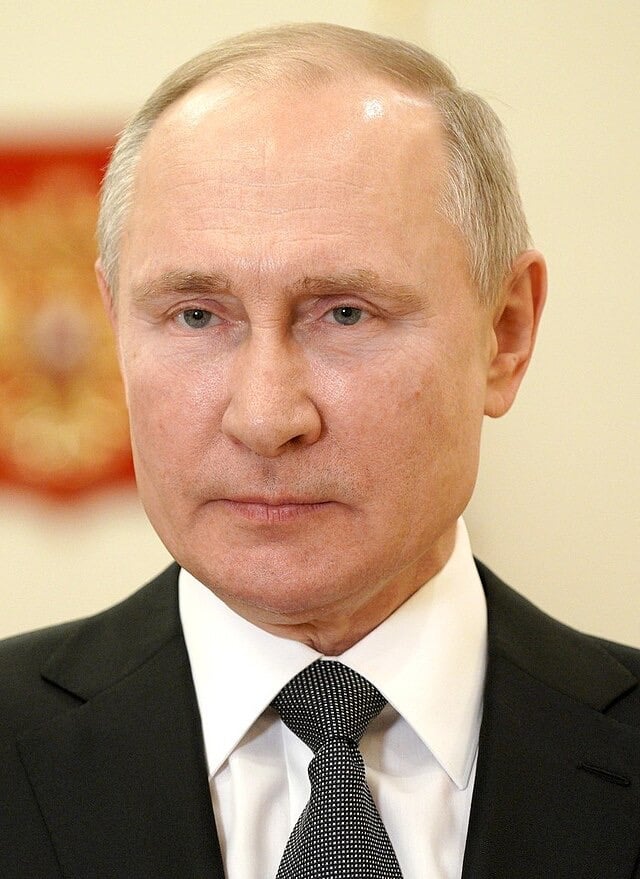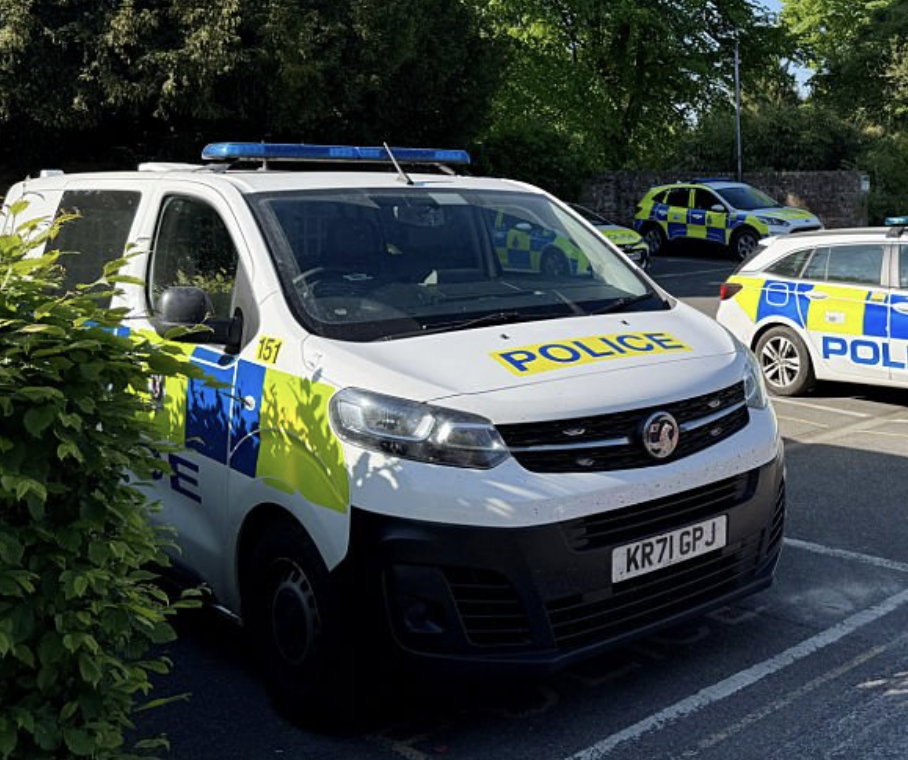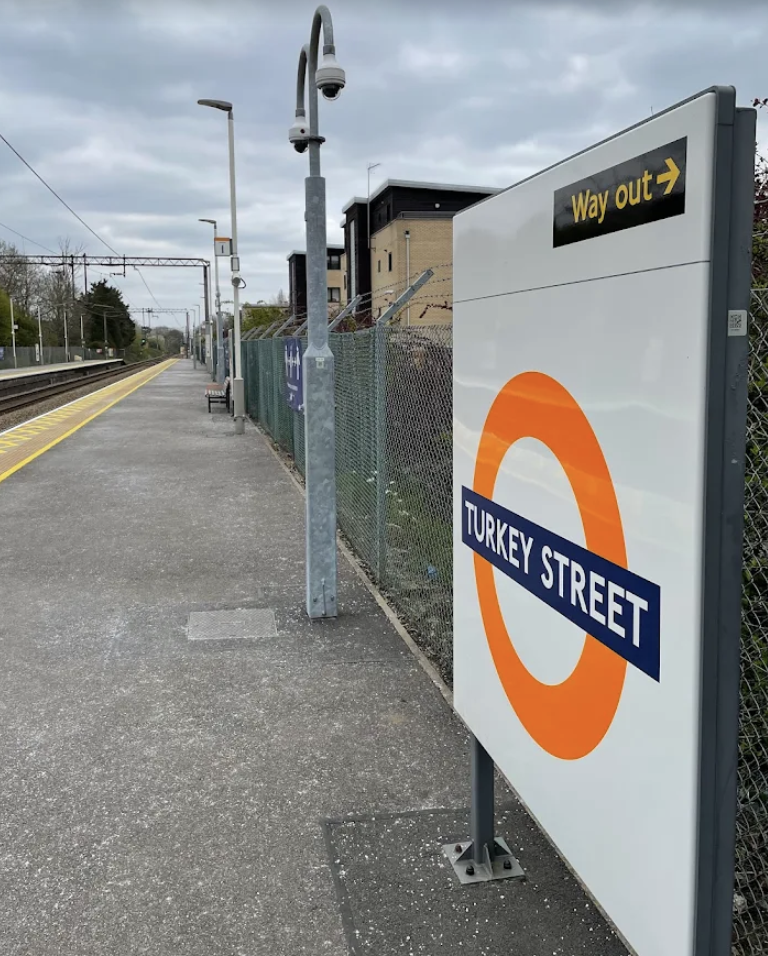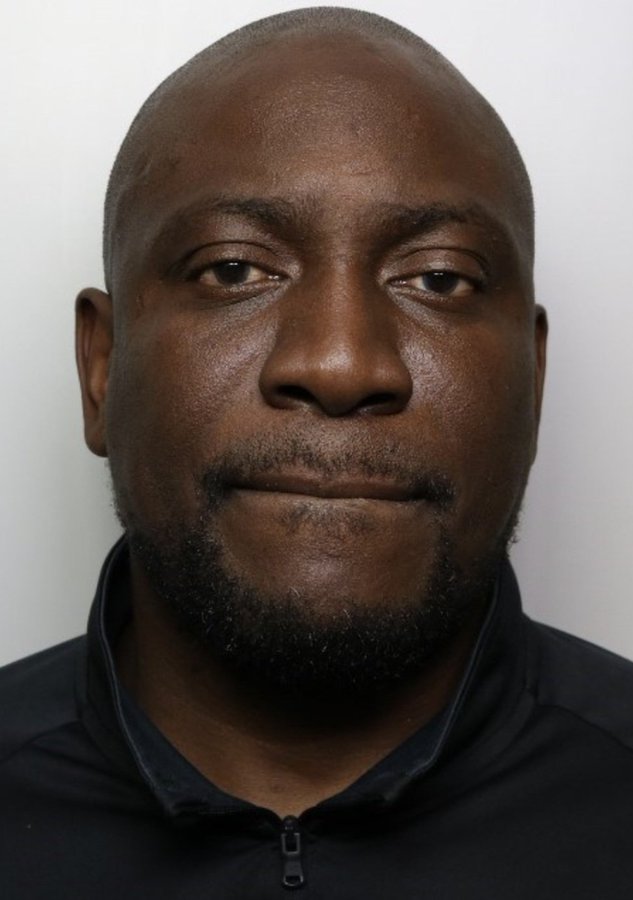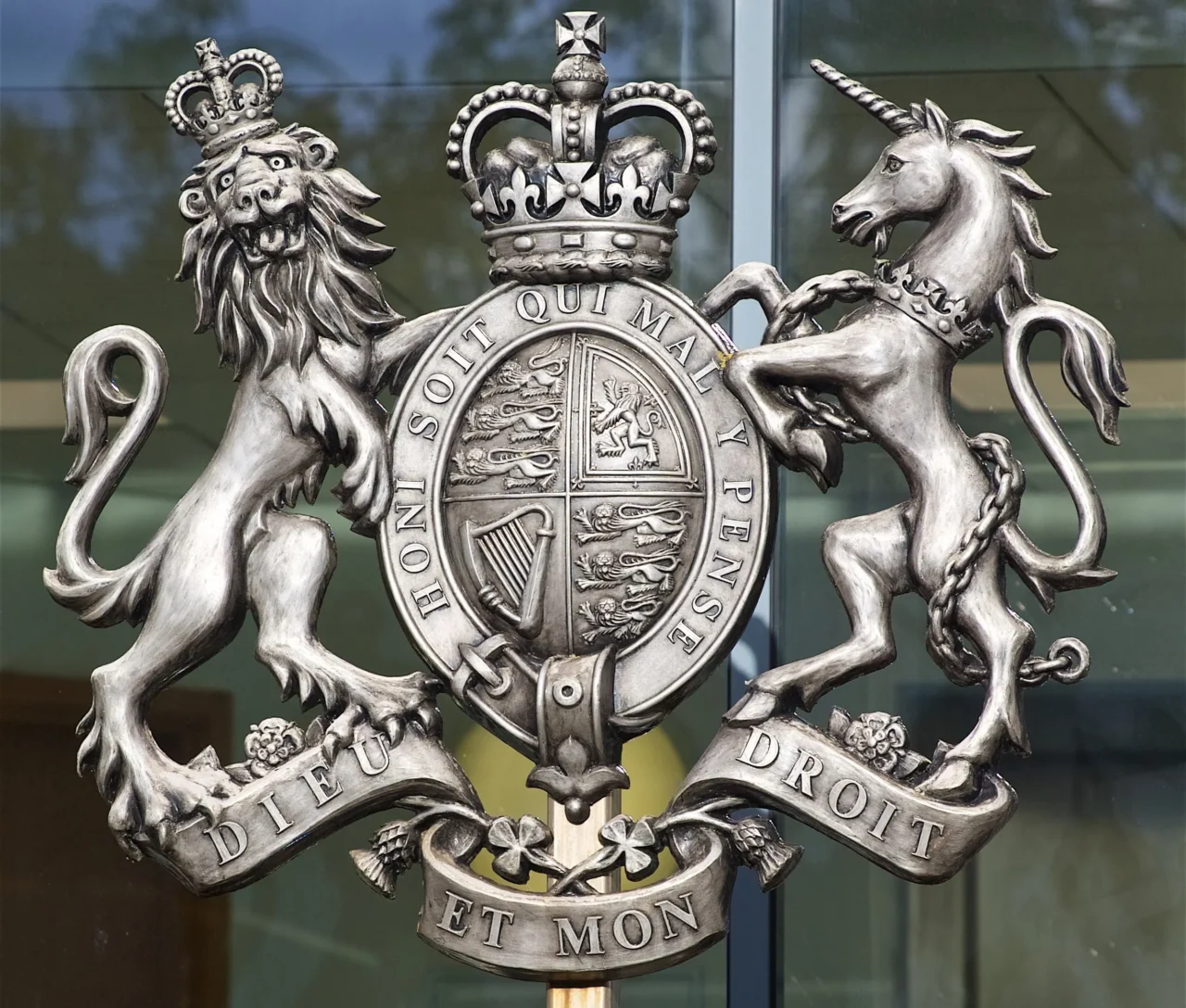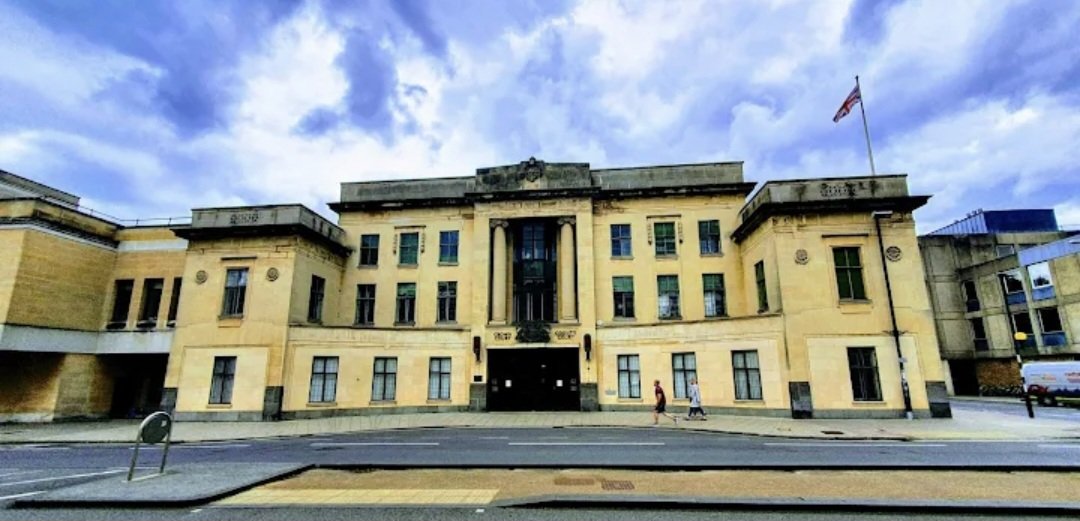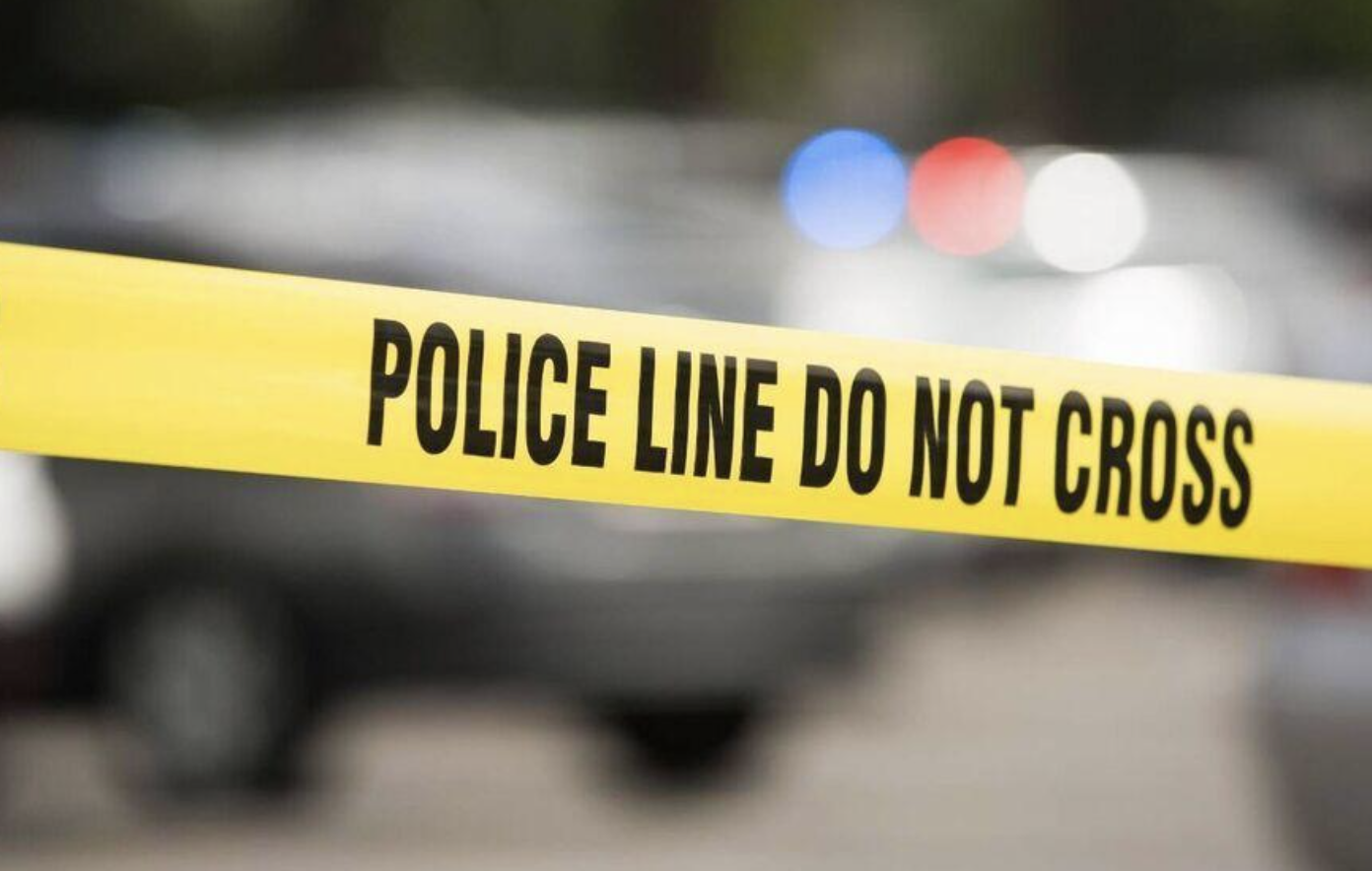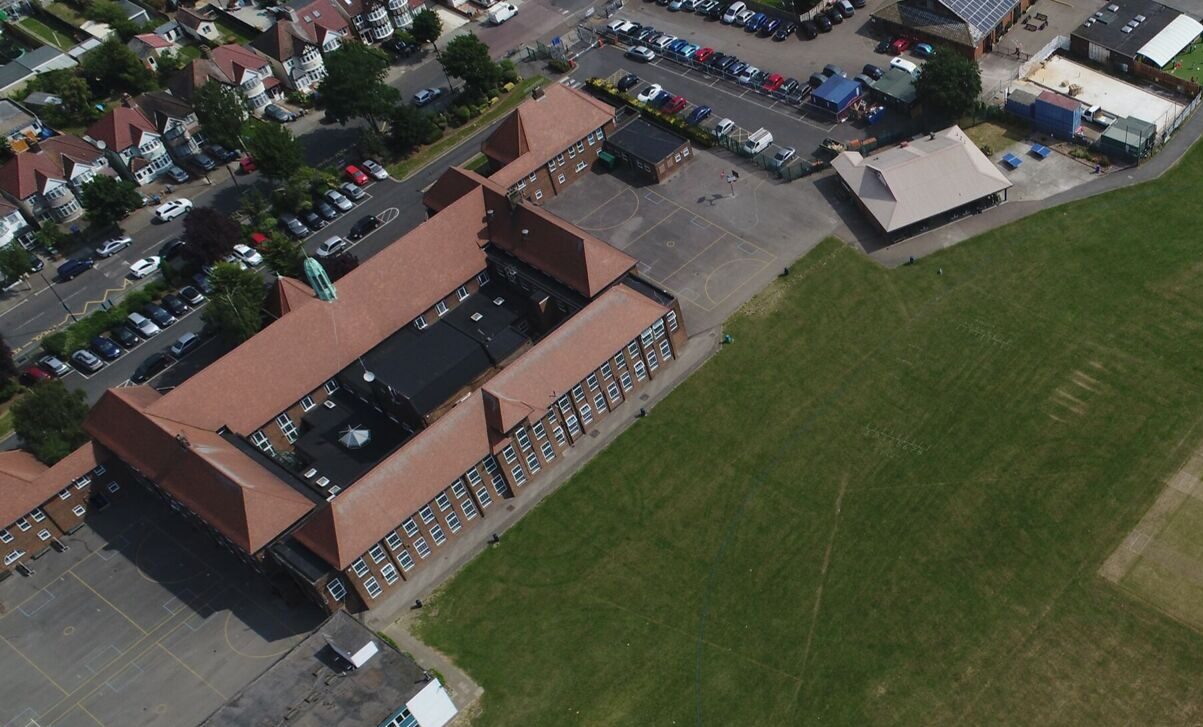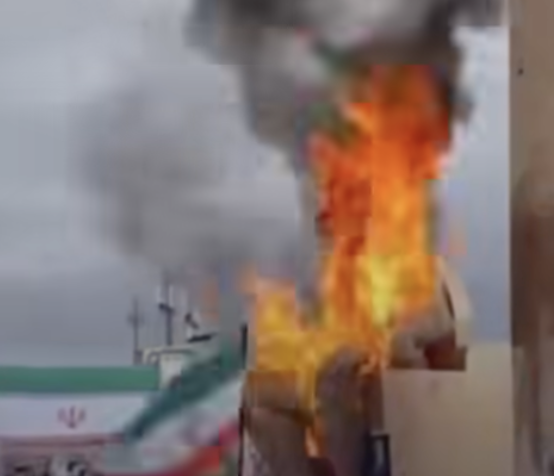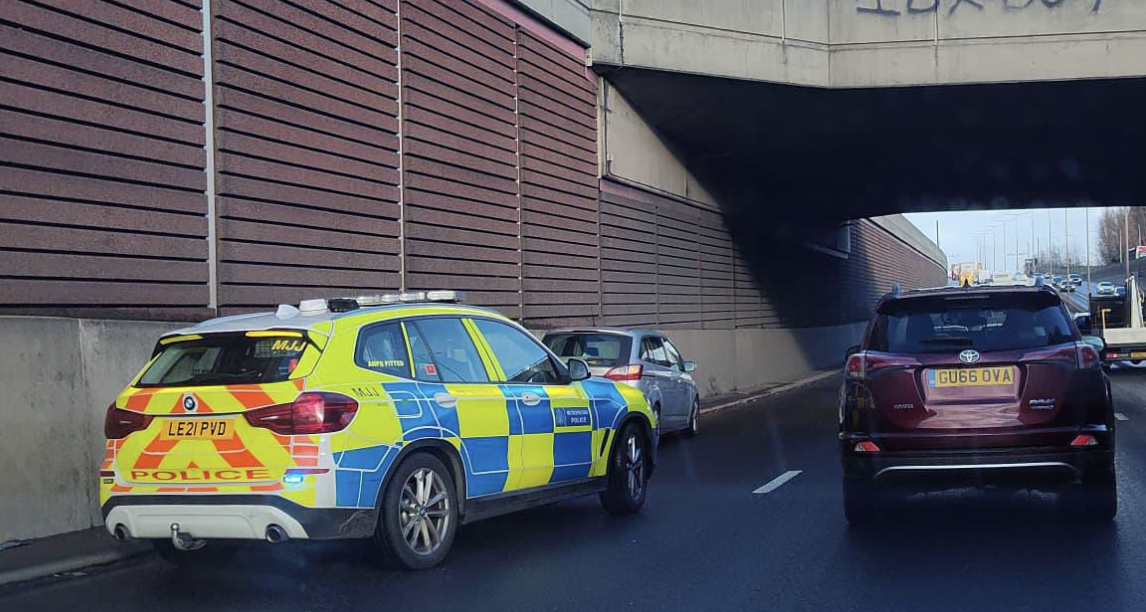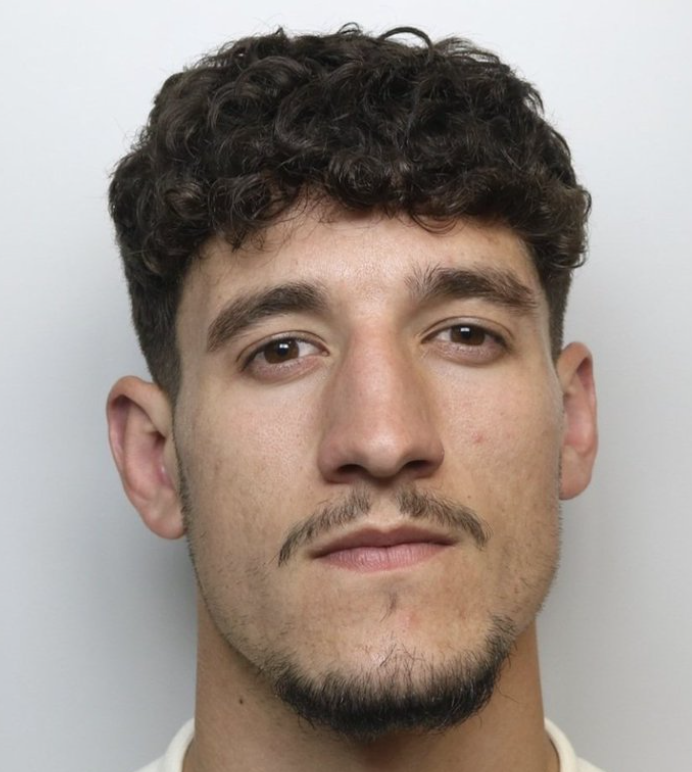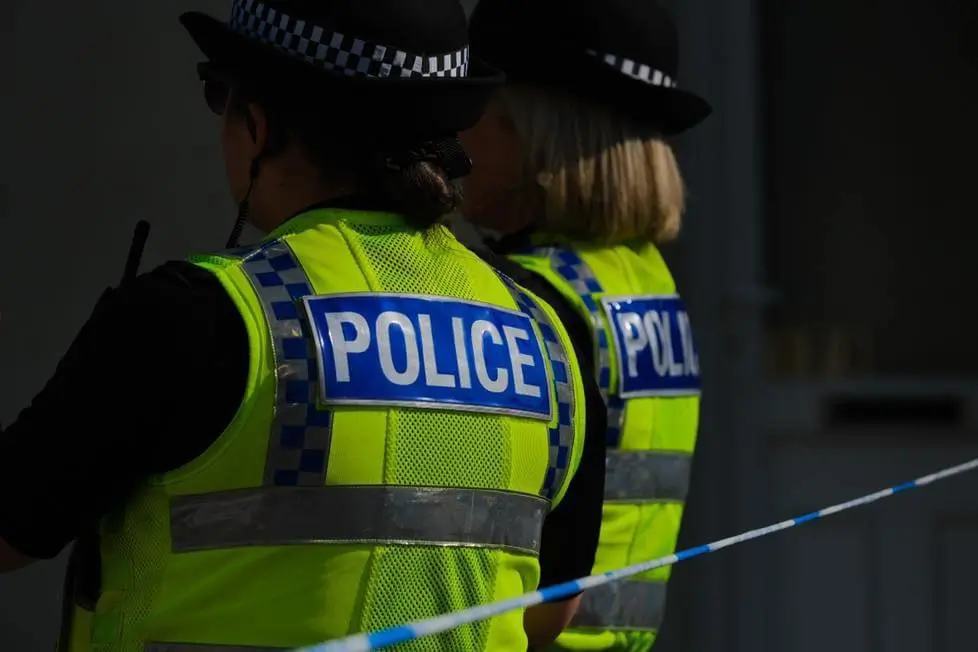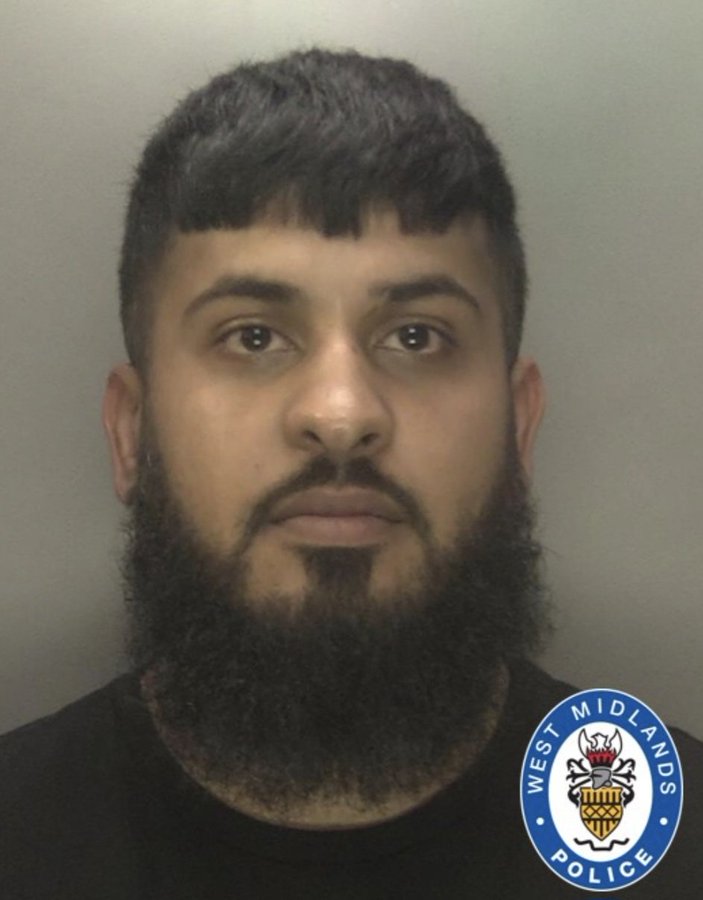Poland has issued a stark warning: Vladimir Putin’s aircraft could be shot down if it crosses Polish airspace en route to his proposed summit with Donald Trump in Hungary. Foreign Minister Radoslaw Sikorski made the chilling threat, citing the International Criminal Court’s arrest warrant hanging over the Russian president’s head.
‘Cannot Guarantee Safety’—Poland’s hardline stance
Speaking to Radio Rodzina, Sikorski delivered a blunt message: Poland “cannot guarantee” Putin’s safety should he dare to fly over the country.
“I cannot guarantee that an independent Polish court won’t order the government to escort such an aircraft down to hand the suspect to the court in The Hague,” Sikorski warned.
Poland’s position is grounded in international law. As an ICC member and NATO ally, Warsaw is legally bound to arrest Putin if he enters its jurisdiction—even from the skies.
ICC warrant snarls Putin’s European travel plans
Putin is wanted by the ICC for allegedly deporting hundreds of Ukrainian children during the war. All 123 ICC member states are obliged to arrest him on sight—a legal nightmare for any flight crossing Europe.
- Hungary, under pro-Putin PM Viktor Orban, is the only EU country trying to quit the ICC—though the withdrawal isn’t official yet.
- This means Putin’s journey to Budapest faces a maze of hostile airspace and diplomatic hazards.
Summit diplomacy in tatters as key meeting cancelled
Plans for the Trump-Putin summit hit fresh trouble after a vital preparatory talks between US Secretary of State Marco Rubio and Russian Foreign Minister Sergey Lavrov was abruptly cancelled. The White House signalled there are “no plans” for a near-term meeting, citing “widely differing expectations” on ending the Ukraine conflict.
>An insider said Rubio is now “unlikely to recommend his president even attends a meeting with Putin” given the vast gulf between the two sides.
This is a major blow to Trump, who vowed to end the Ukraine war “in 24 hours” and had staked much political capital on the summit.
Putin’s 2,000-mile detour and secret travel options
Experts say Putin could face nearly a 2,000-mile detour avoiding Polish and other hostile airspace. Likely routes swing south through Turkey, Greece, and the Balkans before reaching Hungary, doubling flight time.
Security analysts suggest the ordeal will humiliate Putin and Hungary alike. Former UK Defence Attaché John Foreman believes Washington will pressure Balkan NATO states to allow Vladimir safe passage—while expert Anthony Glees notes the journey will “make him look stupid.”
Some say Putin might even skip flying entirely, opting for a secret sealed train to dodge ICC detection.
Orban cheers Budapest as the ‘only place in Europe’
Hungarian PM Viktor Orban stands firm, calling Budapest the “only place in Europe” where the summit could take place. Hungary has blocked EU sanctions against Russia and vetoed Ukraine’s EU bid, positioning itself as Putin’s European ally.
Yet legally, Hungary remains bound by ICC rules until next year’s formal withdrawal, raising bizarre questions about guaranteed safe passage for Putin.
EU airspace remains mostly closed to Russia
The EU banned all Russian aircraft after Russia’s 2022 invasion of Ukraine, making Putin’s journey a diplomatic and legal minefield. Bulgaria has hinted at bending the rules for the sake of mediation, but no official flight request from Moscow has been made.
Trump presses ahead amid mounting chaos
Despite skyrocketing obstacles, Trump insists the summit will proceed “in an agreed upon location, Budapest, Hungary,” aiming to end the “inglorious” war. But with no confirmed dates and the Kremlin cautious, the dream of a quick peace deal looks increasingly fragile.
Meanwhile, violence in Ukraine has surged since Trump and Putin’s last meeting in Alaska, casting doubt over any immediate breakthrough.
Poland’s shoot-down threat highlights summit’s legal and political minefield
The Polish warning crystallises the explosive challenges facing Trump’s foreign policy gamble. To pull off a successful summit, the former US president must navigate legal hurdles, antagonised allies, and Putin’s own provocations—no easy feat for a promised “24-hour” peace deal.

